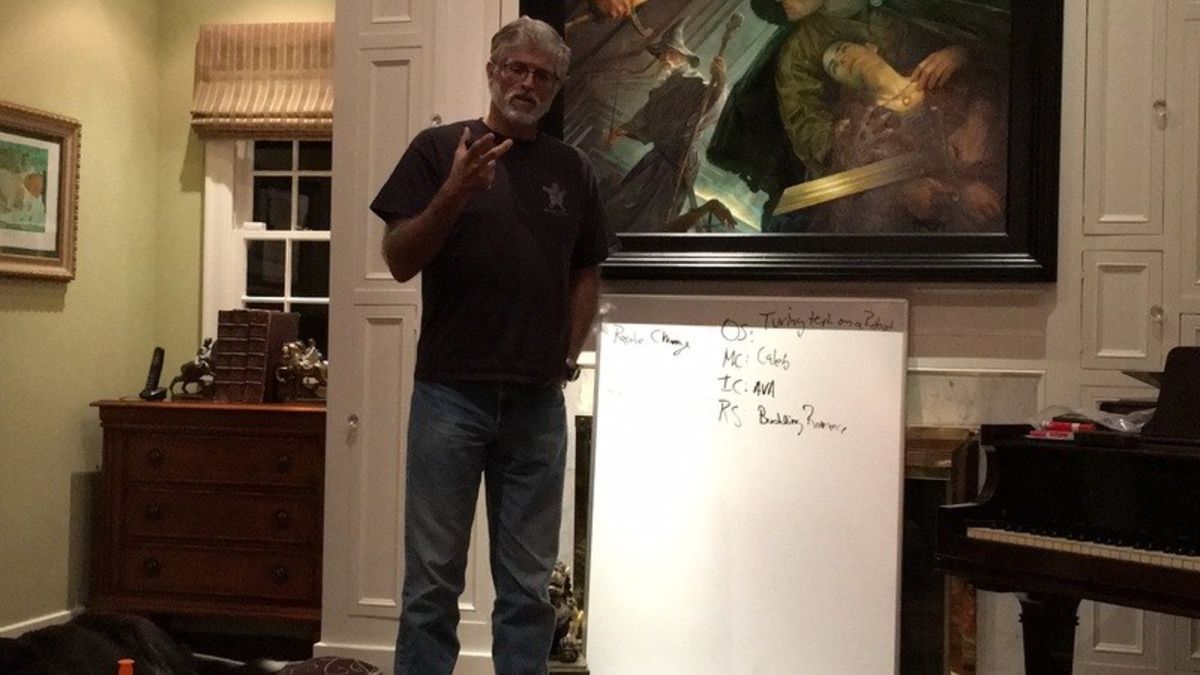The Hubris of a Dramatica Story Expert
Mistaking source of conflict: a common oversight in analysis
Guess I'm more like Nathan than I thought—my deep thematic analysis of the excellent Ex Machina contains many inaccuracies. The worst part is learning that the mistake I made is the exact same thing I tell my Mentorship students and professional clients each and every day:
(For reference, here is the aforementioned analysis)
Dramatica's story points are indicators of the SOURCE of conflict in a narrative, NOT merely storytelling.
Several Dramatica Story Experts engaged in our monthly Dramatica Users Group meeting. Led by Dramatica co-creator Chris Huntley, we worked our way through the narrative of Ex Machina. After an hour or so of back and forth--fueled mainly by my misconceptions--we finally arrived at a storyform that is so unbelievably represetative of the film, I don't know how I could have been so wrong.
But then I remembered the above about looking for the source of conflict, instead of using Dramatica's story points as storytelling--and it all made sense.
Once the Dramatica Users Group Video and Podcast are published you will be able to witness my error in judgment in action. Thankfully I'm more interested in getting it right than being right, so I was open enough to eventually reconsider and see the mistakes I made.
In short, Caleb is a Changed Be-er and Ava a Steadfast Obstacle Character. In hindsight it seems ridiculously obvious, but unfortunately I allowed my own understanding of the Audience Appreciations and my interpretations of them over the past couple of months cloud and alter my thinking.
The problem with Audience Appreciations is that they slip the Author into subjectivity—into opinions and personal takes on the concrete elements of story, rather than what actually is there. Perception, instead of Actuality.
The new analysis will be part of this week's podcast and article.
Download the FREE e-book Never Trust a Hero
Don't miss out on the latest in narrative theory and storytelling with artificial intelligence. Subscribe to the Narrative First newsletter below and receive a link to download the 20-page e-book, Never Trust a Hero.


